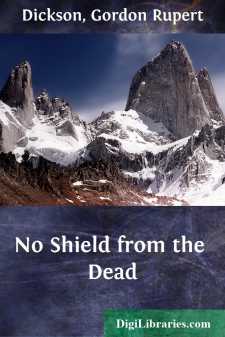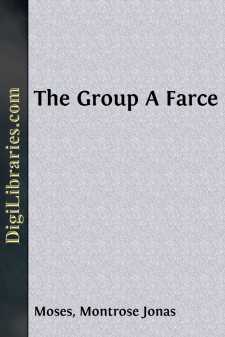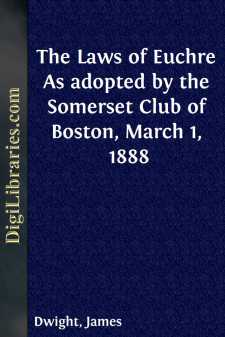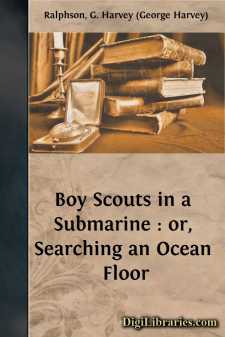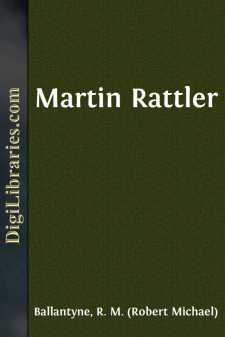Categories
- Antiques & Collectibles 13
- Architecture 36
- Art 48
- Bibles 22
- Biography & Autobiography 813
- Body, Mind & Spirit 142
- Business & Economics 28
- Children's Books 15
- Children's Fiction 12
- Computers 4
- Cooking 94
- Crafts & Hobbies 4
- Drama 346
- Education 46
- Family & Relationships 57
- Fiction 11828
- Games 19
- Gardening 17
- Health & Fitness 34
- History 1377
- House & Home 1
- Humor 147
- Juvenile Fiction 1873
- Juvenile Nonfiction 202
- Language Arts & Disciplines 88
- Law 16
- Literary Collections 686
- Literary Criticism 179
- Mathematics 13
- Medical 41
- Music 40
- Nature 179
- Non-Classifiable 1768
- Performing Arts 7
- Periodicals 1453
- Philosophy 64
- Photography 2
- Poetry 896
- Political Science 203
- Psychology 42
- Reference 154
- Religion 513
- Science 126
- Self-Help 84
- Social Science 81
- Sports & Recreation 34
- Study Aids 3
- Technology & Engineering 59
- Transportation 23
- Travel 463
- True Crime 29
Sort by:
by:
R. S. Greig
Oswald, Lord Nelville, Peer of Scotland, quitted Edinburgh for Italy during the winter of 1794-5. He possessed a noble and handsome figure, an abundance of wit, an illustrious name, and an independent fortune, but his health was impaired by deeply-rooted sorrow, and his physicians, fearing that his lungs were attacked, had prescribed him the air of the South. Though indifferent as to the preservation...
more...
t was a nice little party, but a bit obvious. Terri Mac saw through it before he had taken half a dozen steps into the apartment. A light flush staining his high cheek-bones. "This is ridiculous," he said. The light chatter ceased. Cocktail glasses were set down on various handy tables and ledges; and all faces in the room turned toward a man in his late fifties who sat propped up invalid-wise...
more...
by:
Voltaire
The 18th of the Month Scheval, in the Year of the Hegira, 837. Thou Joy of ev’ry Eye! Thou Torment of every Heart! Thou Intellectual Light! I do not kiss the Dust of thy Feet; because thou seldom art seen out of the Seraglio, and when thou art, thou walkest only on the Carpets of Iran, or on Beds of Roses. I here present you with a Translation of the Work of an ancient Sage, who having the Happiness...
more...
by:
Various
ARGENTINA FROM A BRITISH POINT OF VIEW. Argentina, which does not profess to be a manufacturing country, exported in 1909 material grown on her own lands to the value of £79,000,000, and imported goods to the extent of £60,000,000. This fact arrests our attention, and forces us to recognise that there is a trade balance of nearly 20 millions sterling in her favour, and to realise the saving power of...
more...
MRS. MERCY WARREN (1728-1814) Most of the literature—orations as well as broadsides—created in America under the heat of the Revolution, was of a strictly satirical character. Most of the Revolutionary ballads sung at the time were bitter with hatred against the Loyalist. When the conflict actually was in progress, the theatres that regaled the Colonists were closed, and an order from the...
more...
by:
Arthur Machen
THE EXPERIMENT "I am glad you came, Clarke; very glad indeed. I was not sure you could spare the time." "I was able to make arrangements for a few days; things are not very lively just now. But have you no misgivings, Raymond? Is it absolutely safe?" The two men were slowly pacing the terrace in front of Dr. Raymond's house. The sun still hung above the western mountain-line, but...
more...
by:
James Dwight
THE RUBBER. 1. The rubber is the best of three games. If the first two games are won by the same players, the third game is played; should the score of the third game lap, a fourth game is played. 2. A game consists of five points. Should a player order up, assist, adopt, or make the trump, and he and his partner take five tricks, they score two; three or four tricks, they score one. If they fail to...
more...
CHAPTER I LOST ON AN OCEAN FLOOR The handsome clubroom of the Black Bear Patrol, Boy Scouts of America, in the City of New York, was ablaze with light, and as noisy as healthy, happy boys could well make it. "Over in the Chinese Sea!" shouted Jimmie McGraw from a table which stood by an open window overlooking the brilliantly illuminated city. "Do we go to the washee-washee land this...
more...
CHAPTER I THE HERO AND HIS ONLY RELATIVE Martin Rattler was a very bad boy. At least his aunt, Mrs. Dorothy Grumbit, said so; and certainly she ought to have known, if anybody should, for Martin lived with her, and was, as she herself expressed it, "the bane of her existence,—the very torment of her life." No doubt of it whatever, according to Aunt Dorothy Grumbit's showing, Martin...
more...
QUEEN BERNGERD Long ere the Sun the heaven arrayed,For her morning gift her Lord she prayed:“Give me Samsoe to have and to hold,And from every maiden a crown of gold.” Woe befall her, Berngerd. The King he answered Berngerd thus:“Madam, crave something less of us,For many a maid lives ’neath our swayTo ’scape from death could the like not pay.” Woe befall her, Berngerd. “My gentle...
more...



